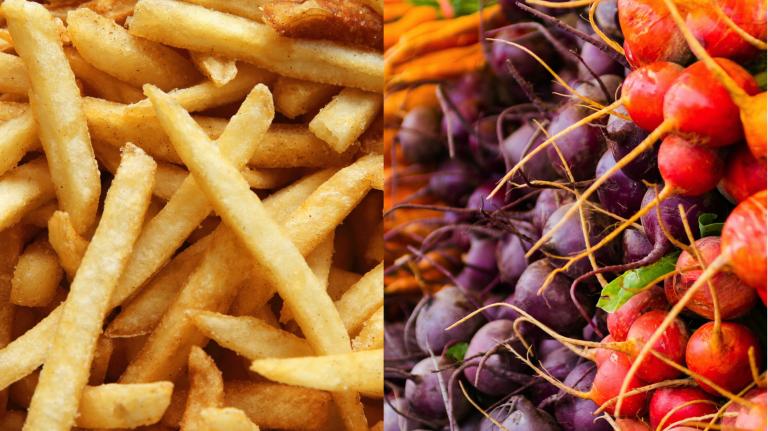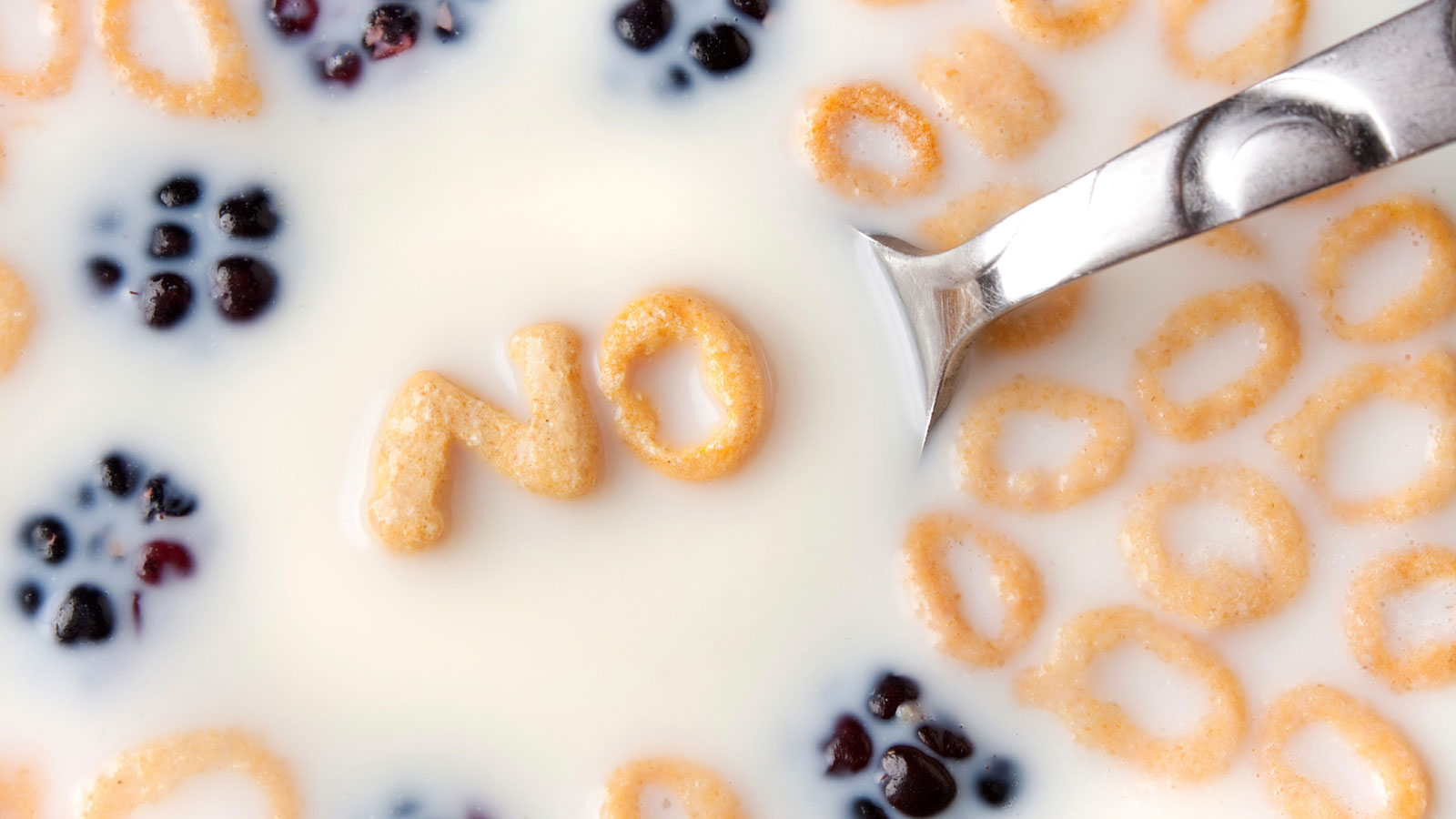The New York Times crunched the nation’s cereal-eating numbers this week, and it looks like the typical American breakfast is starting to include fewer sugary flakes and moon-shaped marshmallows.
The Times’ Stephanie Strom reports that in the past decade, Americans have been eating less boxed cereal, preferring healthier options like juiced fruits and veggies and probiotic-rich Greek yogurt. Between 2003 and 2013, sales of the once-beloved flaky cereals (Corn Flakes, Frosted Flakes, etc.) decreased by 5.5 percent. Children’s cereals (Lucky Charms and good ol’ Cap’n Crunch) have plummeted 10.7 percent. Meanwhile, Muesli, a favorite of health nuts everywhere, is steadily gaining popularity, increasing in sales by 1.8 percent.
The article reads:
For the last decade, the cereal business has been declining, as consumers reach for granola bars, yogurt and drive-through fare in the morning. And the drop-off has accelerated lately, especially among those finicky millennials who tend to graze on healthy options — even if Cheerios and some other brands come in whole-grain varieties fortified with protein now.
As a millennial myself, I’d like to take this opportunity to say a little something to big breakfast cereal companies to give them a heads-up on why young people like me are opting out of their morning Cap’n Crunch:
Dearest Big Breakfast Cereal Companies (BBCCs),
Hello, I am your loyal fan Liz. I am particularly fond of Kellogg’s Raisin Bran Crunch, the perfect blend of whole-wheaty oats and sun-dried raisin chewiness. It’s my favorite thing to snack on while I scroll through my Instagram feed. So, to you I extend the deepest of gratitude.
But, BBCCs, I’m writing to tell you to CUT THE CRAP. We millennials are having a tough time believing the whole “Lucky Charms are a great source of whole-grains” thing when they actually contain 40 percent more sugar by weight than typical adult cereals. C’mon, people, we both know this is bogus. Sugary breakfast cereals are not health food, even if you pump them up with protein. It’s like trying to make “fetch” happen. And it’s not going to happen.
You see, it’s not that we don’t enjoy the taste of sugary deliciousness, it’s that we’re becoming smarter consumers. We’re smarter, BBCCs, because we’ve seen these tricks before. Other companies have been trying to sell us products that cater to millennial interests — by making cars more tech-friendly and fast-food look quaint and local. But those marketing ploys that tell us we should be slaves to the automobile, or that food products are healthy when the nutrition label reads, “sugars: 19 grams” — well, they’re starting to feel a little stale.
I probably won’t give up eating a bowl or two of cereal for dinner once in a while, but if you’re wondering why your sales continue to drop despite your new “heath conscious” advertising campaigns — it’s because when millennials want to get their daily fix of whole grains, we’ll reach for the organic barley, not the box of Fruit Loops.




